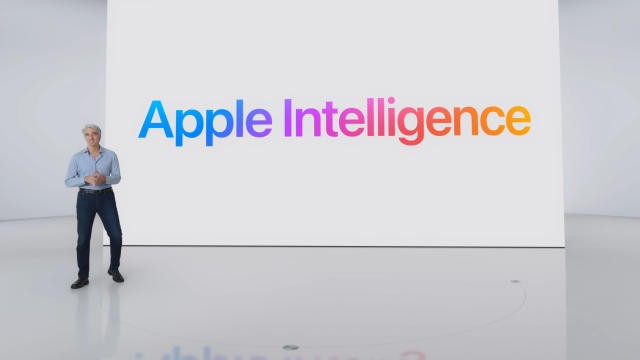
In a groundbreaking announcement, Apple has revealed plans to introduce its cutting-edge Apple Intelligence system to the European Union market this spring. This news comes as part of a broader press release detailing the launch of the new iMac, powered by the M4 chip.
Apple Intelligence represents a significant leap forward in personal computing technology. It combines advanced generative models with stringent privacy protections, leveraging the power of Apple's custom-designed silicon and Neural Engine. This innovative system is set to revolutionize how users interact with their devices, offering enhanced capabilities in writing, communication, and creative expression.
The system's features include Writing Tools, which allow users to refine their text through rewriting, proofreading, and summarizing functions across various applications. Additionally, a redesigned Siri promises more fluid interactions between voice and typed commands, streamlining daily tasks and providing comprehensive support for Apple products.
While Apple Intelligence is currently available in U.S. English with macOS Sequoia 15.1, its expansion to the EU market signals Apple's commitment to global accessibility. The company plans to roll out new features in December, with further capabilities expected in the following months.
This move aligns with Apple's ongoing efforts to push the boundaries of personal computing while maintaining a strong focus on user privacy. As the EU continues to be a key market for tech innovation, the introduction of Apple Intelligence is likely to spark renewed interest in Apple's ecosystem among European consumers.
The announcement has generated excitement in the tech community, with many eagerly anticipating the potential impact of Apple Intelligence on productivity and creativity in the European market. As spring approaches, all eyes will be on Apple as it prepares to unveil this transformative technology to EU users.